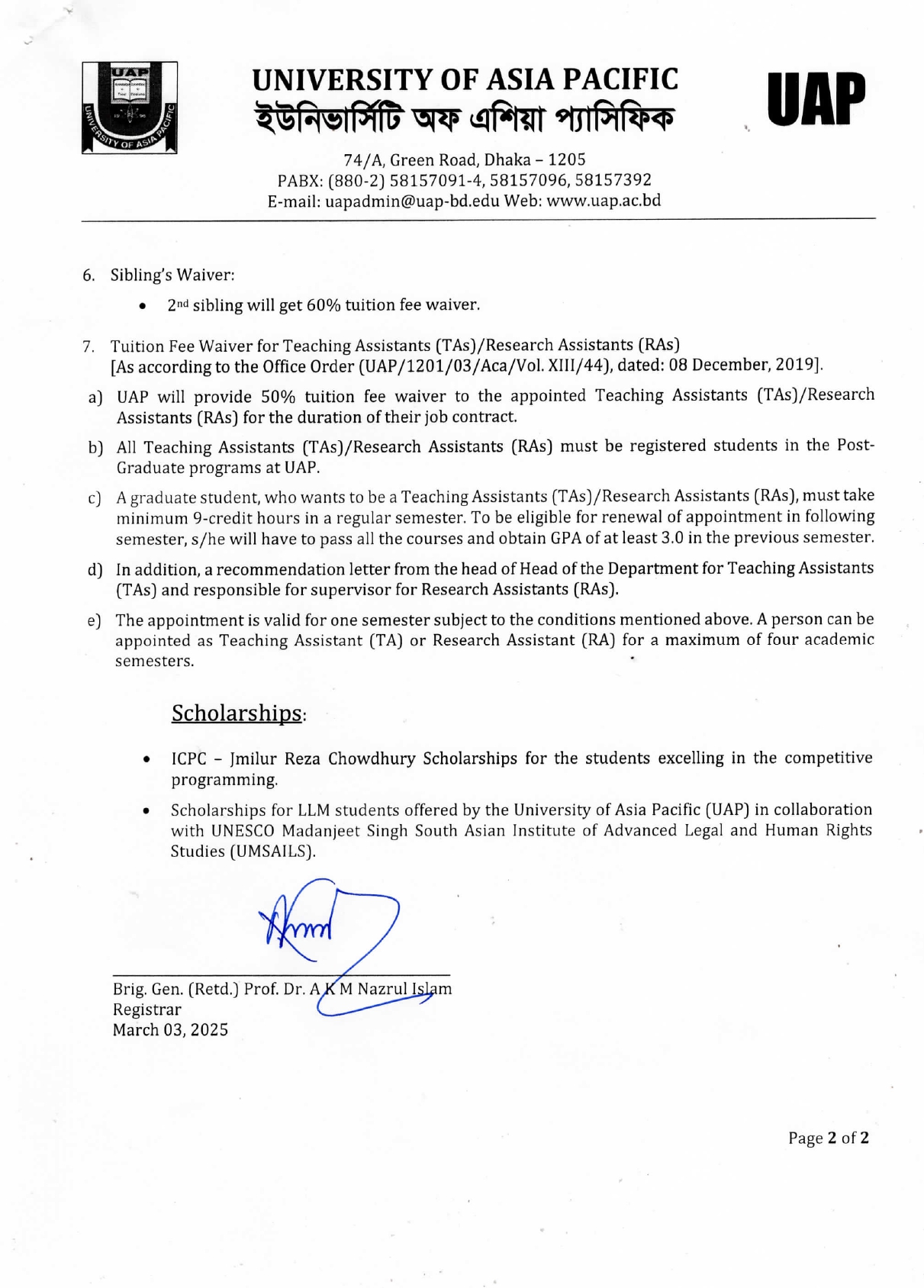
By Tanvir Hasan
‘Hacking’ is used to describe a situation, when a person or a group of persons access anyone’s computer, phone, or personal data through a network without permission or beyond one’s knowledge. It is unauthorized access to someone’s computer or network for some illegal purpose. Generally, a person who is consistently engaged in hacking activities, who choose this hacking activity as a motive of their livelihood is called a hacker. A person who can hack but never hack any data from other’s computers or networks then we cannot define him or her as a hacker.
There are many kinds of hackers such as Black Hat is known as criminal hackers. Other types of hackers include White Hat, Green Hat, Blue Hat, Red Hat, state/nation sponsored hackers, elite hackers, etc. There can be various causes for hacking like stealing someone’s identity, stealing data, crashing computers, spying, tracking users’ activities, etc. Nationally and internationally, hacking is playing a very sensitive role in the digital world. Sometimes, hackers hack someone’s data for taking his or her revenge, sometimes hack for fun, sometimes hack for blackmailing, sometimes hack a bank account information for embezzlement of money, etc. On the other hand, sometimes a country’s highly sensitive information can be hacked by the hackers, and it can create a cyber-war between two countries.
Fundamentally, a hacker follows a process of testing network and systems security for using some tools that he can turn in that way of hacking. To protect our data and reduce the risk of being hacked we must maintain some security so that we can stop an anonymous to get access in our network system. It is hard when hackers have already gained access to our computer or network. Wi-Fi is an extremely easy way for hackers to get in. So, we should set up different accounts, one public and one private. By using a local network we must reduce transferring data from our device to another device. We should avoid using a normal form of password. Password should be strong with the combination alphabet, number, and symbols. Without verifying, if we start downloading a file from an unknown source then we have also a great risk. Sometimes fraudulent applications collect our information and upload them to an anonymous web space. We should keep our system always updated and an active firewall because it makes another layer of protection. In the event of a disaster (often a cyber-attack), we must have our data backed up to avoid serious downtime and loss of data.
Illegal hacking has some penal consequences in our national legal framework. Section 56 of the Information and Communication Technology Act, 2006, and Section 34 of the Digital Security Act, 2018 defined ‘hacking’. According to S-56(1) of The Information and Communication Technology Act, 2006, intentionally if anyone is likely to cause wrongful loss or damage to the public or any person deletes or collects information which affects injuriously by any means or if any person intentionally damages through illegal access to any such computer, computer network, or any other electronic system which do not belong to him, such activity shall be treated as a hacking offence. S-56(2) declared the punishment. Whoever commits a hacking offence shall be punishable with imprisonment for a term which may extend to ten years, or with a fine which may extend to Taka one crore, or with both. Section 34 of the Digital Security Act, 2018 gives the same definition as Section 56 of the Information and Communication Technology Act, 2006. But this Act brought some changes in Subsection 1 and Subsection 2 which define the punishment of hacking. Subsection 1 says the hacking offence shall be punishable with imprisonment for a term which extends to 14 (fourteen) years, or with a fine which may extend to Taka one crore, or with both. According to subsection 2, repetition of this crime may lead to punishment with imprisonment for life, or with a fine not exceeding Taka 5 (five) crore, or with both.
In this digital world, we are covered with the web of networks. We often store our information and private data through online storage. So, the benefit is we can access our data from anywhere in the world, but it attaches risk too. It can be hacked anytime, if proper protection mechanism is not be maintained. We must be careful about it and always try to maintain the security levels up to date.
Tanvir Hasan is a student of LLB program at Department of Law and Human Rights, University of Asia Pacific.



